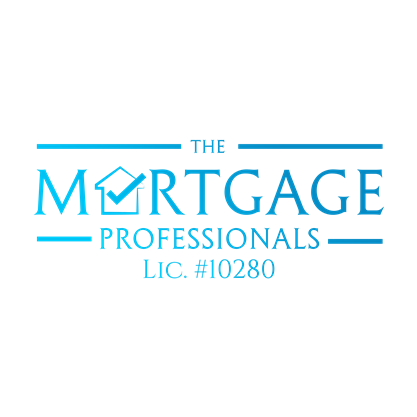
Brian Matthey
BROWSE
PARTNERSConfronting Debt When Refinancing a Mortgage!
1/14/2020
CONFRONTING DEBT IN REFINANCING A MORTGAGE
Confronting debt is a scary moment for many people. It is easier to ignore it.
Debt can be accumulated for many reasons-overspending, no budget planning, buy now play later, children’s education costs, children’s sport participation costs, vacations, spur of the moment purchases and so on. The key to the reason for the accumulation of debt is normally the absence of budget planning and the thought that “I can afford to pay that back over time”
The Bank’s love this. They want you using your credit cards and Heloc’s and if you get close to your limit they will either increase your limit automatically or gladly increase it when you call. All of us have received those lovely letters congratulating us for an increase in our credit limits! At no point does the lender ask why you need your credit limit increased or delve into your finances to analyze why, if you do not know yourself.
Many people will confront debt only when it becomes apparent that :
1) They cannot continue to make the payments
2) They have to borrow elsewhere to make those payments
3) They have no credit available to them as their borrowing limits have been reached
4) They are missing payments and their credit bureau rating is being affected.
Now as a mortgage practitioner with over 40 years of experience, I have seen just about every situation there is. When it comes to the renewal of a mortgage some people will say I don’t want to add my debt to my mortgage, so I can pay off my mortgage faster. Now if it is a small amount of debt or includes “0%” vehicle loans, I can agree. If, on the other hand, there is a wide array of credit card debt or unsecured lines of credit, it is debt at a much higher rate than what could be obtained on a mortgage. Most of that debt will be at rates ranging from 7-21% or higher and when analyzing that debt it will be, most likely, on the “never-never” plan paying the interest only. Just check your credit card for an illustration. The credit card companies are required to show you how many years it will take to pay off your credit card balance. You might get a nasty surprise
Debt is debt no matter where it is and how you manage it will make the difference in how you can eliminate it in the most effective low-cost manner. A mortgage will substantially lower those costs. The debt doesn’t go away but you will be making progress and it is a liberating experience knowing you have made a stand.
Many people with homes are fortunate that they have accumulated a significant amount of equity in their home. Current government guidelines allow homeowners to access up to 80% of the current value. So, you can access that equity to eliminate the high-interest cost debt but refinancing is but one step. Before doing that you should analyze how the debt got there and what changes you need to make in budgeting and lifestyle planning so it doesn’t occur again.
More often than not you would currently be paying a number of accounts per month and there would be savings in payments under the refinance. You want to analyze those savings and then decide how much of the savings can be applied in the new mortgage in increasing your mortgage payment so the debt added is being paid down, not just added the mortgage again over 25 years. Now in some cases, if the new debt is amortized over 25 years again, it should be a part of a plan to use the cash flow savings to create savings in a separate account or a TFSA, to be used instead of credit cards in the future. During the initial 5-year period, finances should be reviewed again to see if there is room for increased payments and a shorter amortization by using prepayment privileges.
Now in all of this planning, you cannot do it without a budget. A budget is the most important tool for any family to have, but the most overlooked. It requires an in-depth analysis of income and expense, savings, investments and it is an ongoing process each and every year.
There are all sorts of tools on the internet to do so but it takes commitment and discipline. It might also help if you have a bottle of wine handy when going through the process!




























